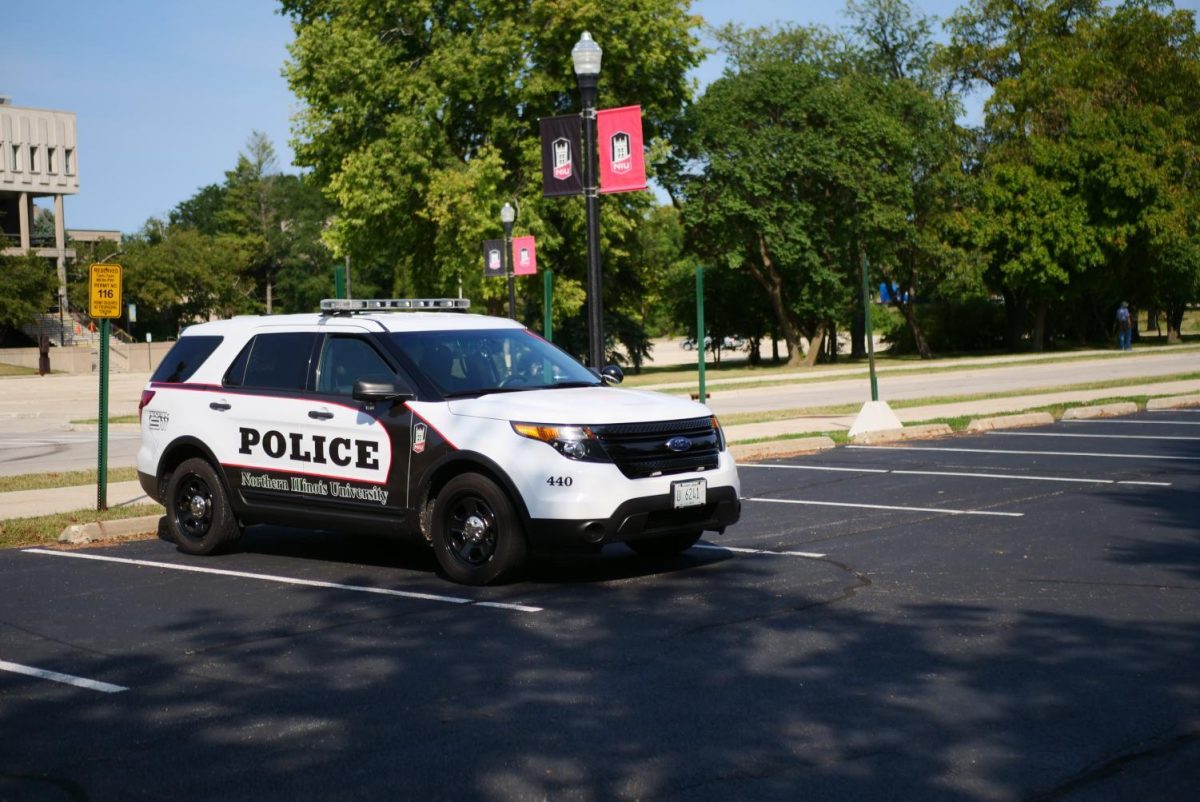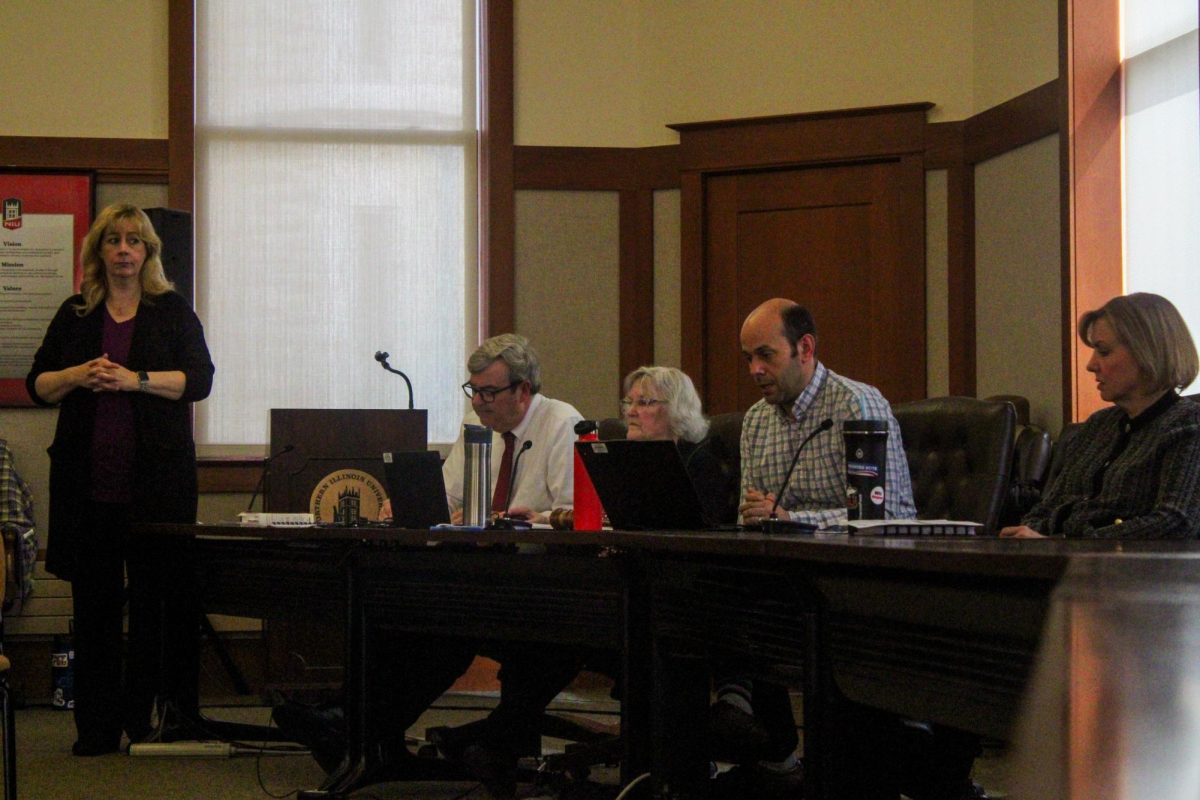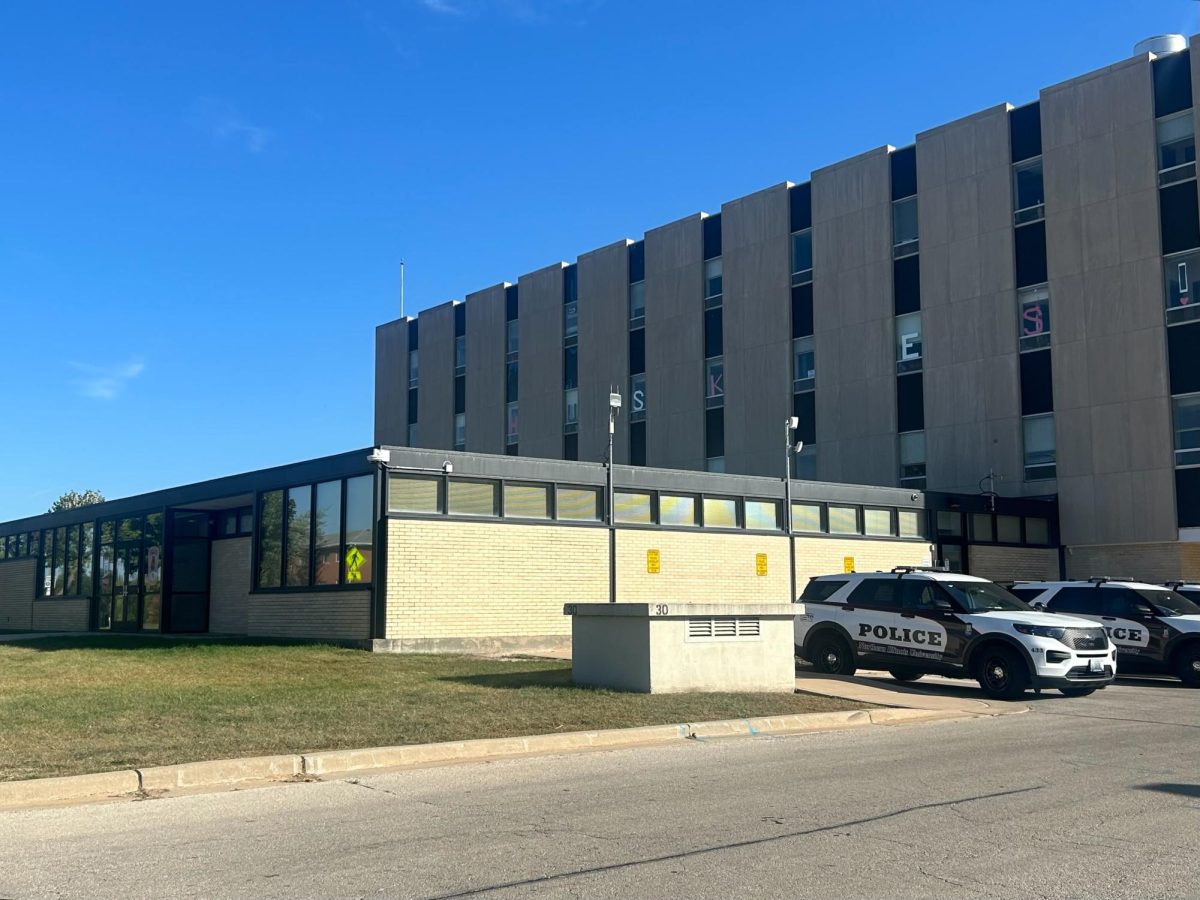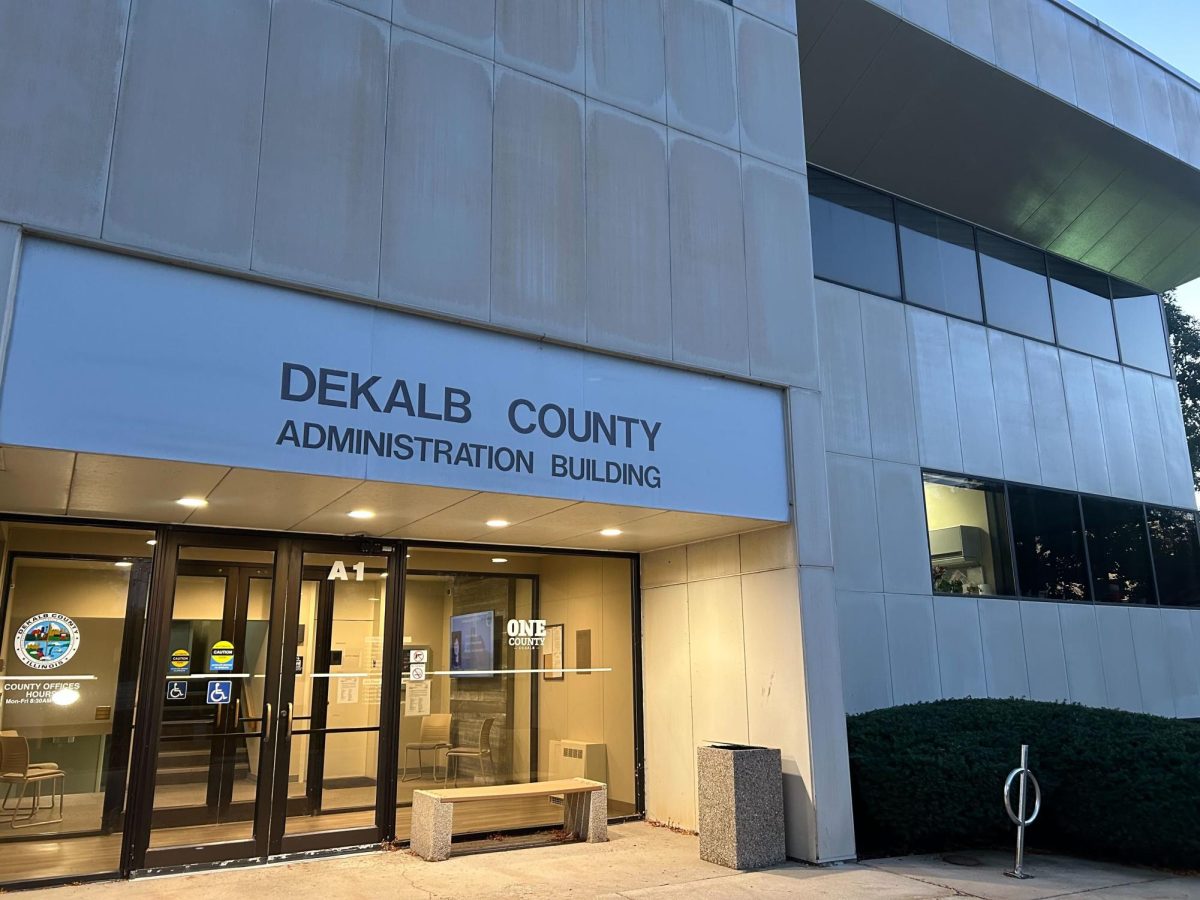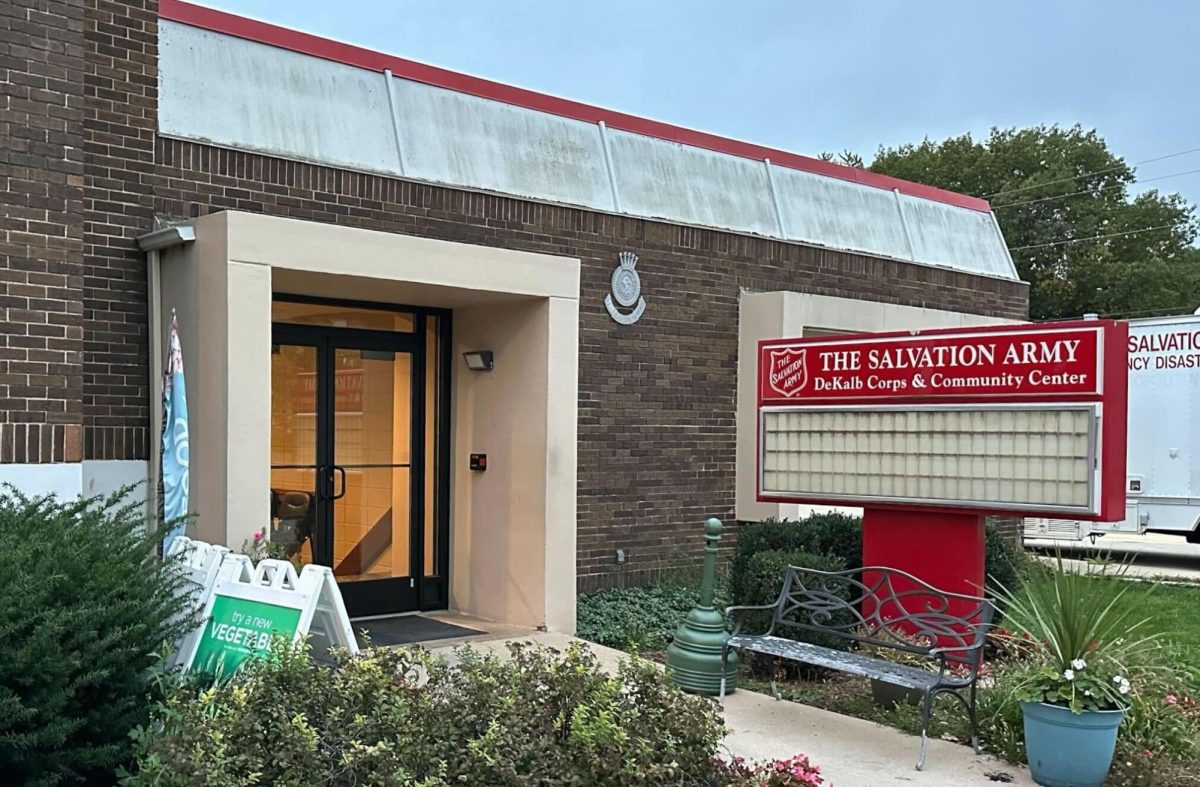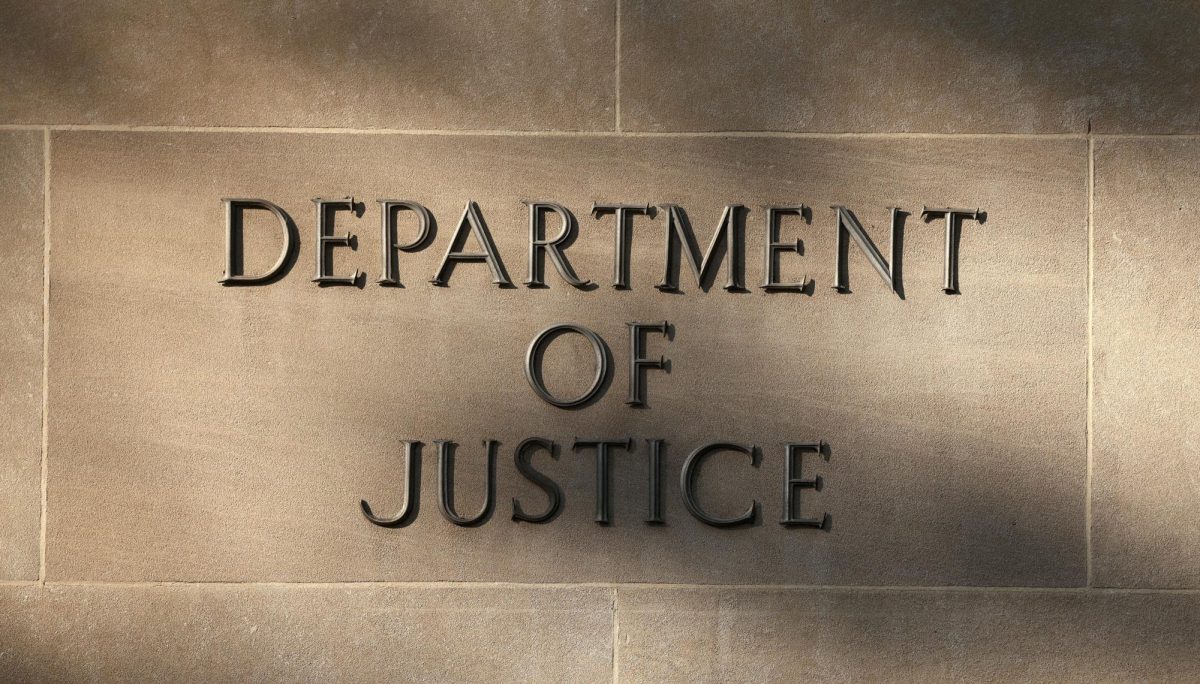DeKALB – NIU officials are helping students hack their futures with the development of a cybersecurity degree program.
The university already has a cybersecurity certificate program at the master’s degree level, but according to Interim Executive Vice President and Provost Laurie Elish-Piper, research showed strong interest in the development of a degree program.
“Our market research studies came back and provided lots of great evidence that these programs are needed and that there’s demand,” Elish-Piper said. “That’s why I’ve supported the development of this initiative.”
NIU is currently searching for a cybersecurity director to lead and develop the program. The ideal candidate will have a minimum of 7 years to 10 years of experience and has built a cybersecurity program at their previous institution, according to NIU’s Department of Computer Science Chair Nicholas Karonis. However, the process to hire a director can take nearly a year.
“I know it seems ridiculous, but for a faculty position like this, it can take months,” Karonis said. “You start the search in the fall, and hopefully by spring, you’re making offers for someone to start in the subsequent fall.”
Typically, faculty contracts begin in mid-August with some administrative contracts starting on July 1, Karonis said. Once hired, the new director will need additional time to develop the program.
“When you want to hire an administrator or leader who’s going to show up with their vision and roll it out, you don’t want to do their work before they show up,” Karonis said. “Part of that work is to develop all the courses, define them and put them together in packages that are certificates or degree programs.”
Karonis is hopeful the university will find a candidate by early August 2024. Still, once the director is hired, the director’s plan will need to go through the university’s curricular review process which takes time, Karonis said.
“You don’t have to fill out the courses and have all the material, but you must have all the prerequisites set, how many credit hours and what counts as a certificate and what counts as a degree,” Karonis said. “Then you bundle that package and put it to the college, and once the courses are developed, we can start teaching them the following fall.”
Part of the reason the process takes so long is that all the director’s plans must be approved by several departments and committees including the Illinois Board of Higher Education.
“Everything has to go through the curricular committees and through multiple levels of departmental approval in the university,” Elish-Piper said. “Ultimately, because it’s a new degree program, it also has to be approved by the Board of Trustees.”
The university will use some current staff during the development of the program but will need to bring on additional personnel as the program scales up according to Elish-Piper.
“We anticipate that we will need a combination of faculty, instructors and potentially some new staff as well,” Elish-Piper said. “The director will take the lead in the development and work with some of our existing folks to create the courses and move through the curricular process of creating the degrees.”
Elish-Piper is eager to get the program underway and hopes to find a director soon.
“This is one of those opportunities where, if we’re going to have a cybersecurity degree, we need to do it sooner rather than later because the longer we wait, the more competition there is for enrollment,” Elish-Piper said. “It really is gonna depend on when we bring the director on board. That’s going to be the determinant of what the timeline looks like.”
Karonis believes the cybersecurity degree program will be a significant addition to the university and a critical resource for students.
“Getting a quality cybersecurity program resourced at scale will be a game changer for students,” Karonis said. “It’s an open pathway to career opportunities after they leave here.”






